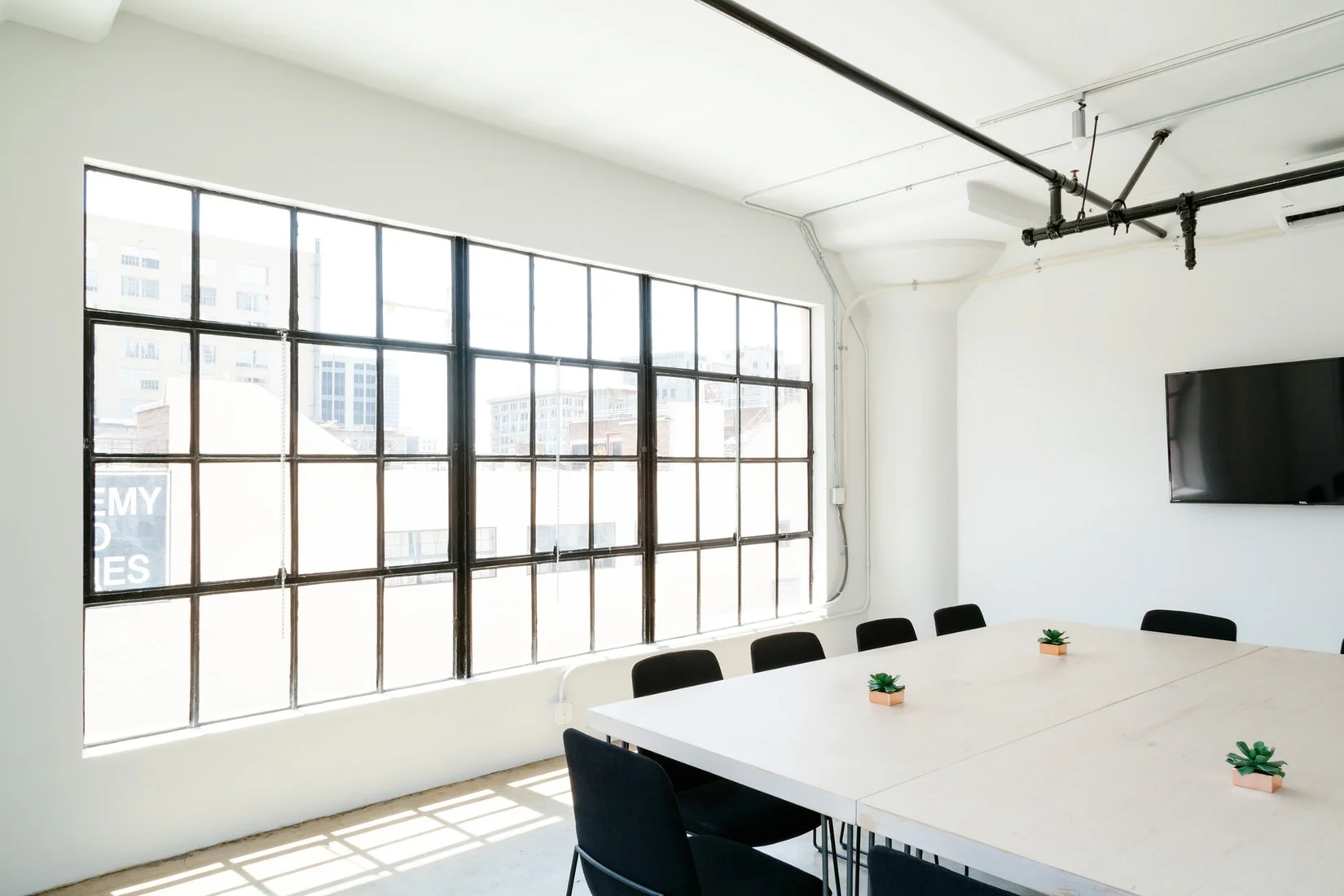Monday Hustle: Overworked and Underpaid — Feeling The Gender Wage Gap
It’s one thing working somewhere where you really feel the daily grind; working 12 hour days, changing priorities for your workload and fast approaching deadlines. You know your contract says 37.5 hours per week, but both you and your boss are aware that you do way more. Whether you love your job or not, this is the norm for you. And then that sweet payslip comes at the end of the month, only to see that it isn’t sweet at all. It isn’t sweet enough to cover all of your crucial expenditure, like mortgages or rent, bills or food shopping. That, or it is enough to cover the essentials, but it means you're living to work, when it should be the other way around. Most people have identified with this scenario at some point, but none as much as when you have a vagina - or identify as female - particularly when you know that your male counterparts are earning more than you for the same role.
According to The Global Gender Gap Report 2017, which looks at the differences between men and women in four key areas (health, economics, politics and education), men are still being paid much more than women as recorded in November 2017, and their earnings are increasing more rapidly. This means the pay gap is widening, despite numerous initiatives to break glass ceilings and force salary disclosure. The average pay for women in 2017 was $12,000, compared with $21,000 for men. I’m sorry, but how has an average gap of $9,000 gone amiss? Are employers that blinded by penises being windmilled in front of their faces as they give them more money?
The report highlights a small widening of the gap this year, within the context of a decade of improvements. But the story about earnings, particularly in 2017, is different and much less positive; there hasn’t been any real improvement over the last 10 years, contrary to popular belief that things were improving, and it’s moving in the wrong direction.
But saying that men and women who are doing the same job are paid differently is only part of the story. It's also because women are more likely to work in industries with lower average pay, rather than high-income areas such as finance or technology which are traditionally dominated by men. They are more likely to undertake part-time work, due to commitments to care for either children, elderly parents, or both. And they are less likely to be in highly-paid senior positions, often because they've chosen to take a career break while having children. Currently, only 22% of individuals holding senior managerial positions are women. Employers view long hours as a sign of commitment and leadership potential, so not many employers offer flexible working hours, but will not offer benefits for childcare either. Talk about a catch 22.
This is a story we've heard countless times. A tale as old as time that, by now, it could’ve been considered a bedtime story to teach children ‘the way things are’. A story to remember their place in the workplace in their future like the moralities taught in the Fairytales Grimm. Well hell fucking no, said the princess to the big bad boss dragon. I’m not having that!
If you have missed any news from the Golden Globes awards ceremony that took place on three days ago, then please YouTube the interviews, because they were unlike any other Golden Globes before it, with actress after actress in black taking the opportunity to speak about the Time’s Up initiative.
'We want diversity, we want intersectional gender parity, and we want equal pay,' exclaimed actress Deborah Messing, before diving into a topic that E! producers surely would have rather avoided: Catt Sadler’s decision to leave the network after discovering her male co-host earned double her salary. Even more recently (and even more disturbingly), shocking figures surrounding Michelle Williams and Mark Wahlberg's pay packets for the re-shoot of All The Money In The World emerged, with Williams receiving less than $1000 and Wahlberg making another $1.5million. Since the news broke, Wahlberg has actually donated his entire salary to the Time's Up Legal Defence Fund in Michelle Williams' name.
I don’t know about you, but every woman who feels the gender gap in their workplace stood with these celebrities that evening, being roused to fetch the warpaint and march with them to combat harassment and inequality in the workplace. If one of the biggest industries like Hollywood are feeling the pinch to make radical and modern changes to the way the treat and pay women, then all other industries are capable of following suit, surely?
One thing's for sure though, employers will have a huge wake-up call in 2018. I hope that as women’s collective voices grow stronger, that the Global Gender Gap Report for this year will look radically different from last year...








